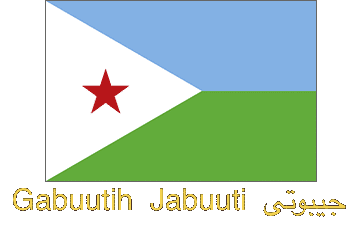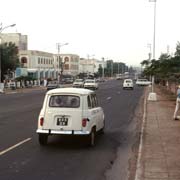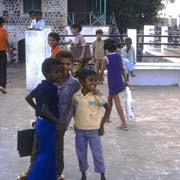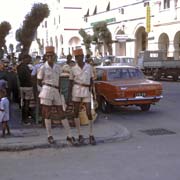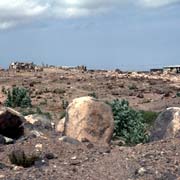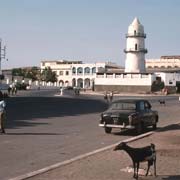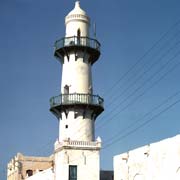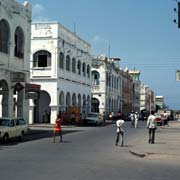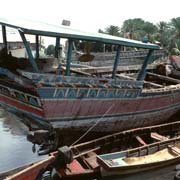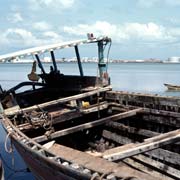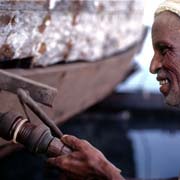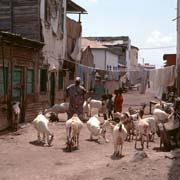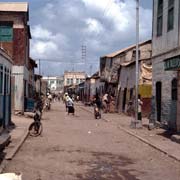Photos of Djibouti City, the nation’s capital, Djibouti
Djibouti City, the nation’s capital
The city of Djibouti (in Arabic: Jibuti and in Somali: Jabuuti) is the capital and the only urban centre of the Republic of Djibouti. It lies on a peninsula that divides the Gulf of Aden from the Gulf of Tadjoura. It has a population of around 600,000 people, over 60% of the nation’s population.
you may then send it as a postcard if you wish.
Djibouti was founded as a seaport in 1888 and became the capital of French Somaliland in 1891, replacing Tadjoura, across the Gulf. It was built with distinct European and African quarters and remained the capital for the succeeding colonial government of the French Territory of the Afars and the Issas, as well as for the independent country of Djibouti.
The Franco-Ethiopian railway began service from Djibouti on 22 July 1901, extended to Dire Dawa 17 months later, and finally to Addis Ababa on 3 December 1929. It remains the only viable connection overland to the rest of Africa. Djibouti has an international airport; its port is used for international trade, fishing, and ferries to Obock and Tadjoura. Djibouti's sights include beaches along its eastern shore, a large Central Market, the national stadium, the Presidential Palace and the Hamouli Mosque.
Since 2017 China operates a military base capable of docking aircraft carriers next to Djibouti's Doraleh multi-purpose port and just seven kilometres from a US base.


